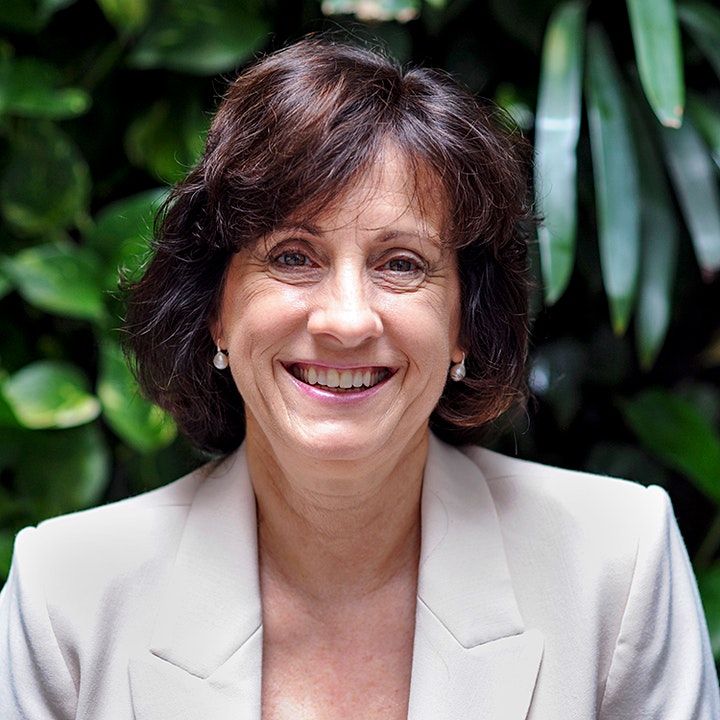How is Australia’s climate changing? Are insurers prepared to cover Australian agriculture against climate risk?
Join us to hear the latest from the nation’s leading experts on climate change and insurance.
Professor Lesley Hughes, Climate Council and Macquarie University, will provide an overview of the climate change science in Australia, while Russell Mehmet, Willis Towers Watson, will help us to understand the future outlook for insurance, in particular farm insurance in light of climate change.
Regional Horizons is Farmers for Climate Action’s economic recovery program which places regional Australia at the forefront.
The Regional Horizons Summit is a three-part series which takes a deep dive into the big issues that underpin the program, and the risks and rewards it presents for Australian farmers.
Part 1: Knowing and Managing Risks
Part 2: On-Farm Opportunities
Part 3: Resilience Strategies
Registration for Parts 2 & 3 will be available via our Events page in coming days.
Speakers

Lesley Hughes
Lesley Hughes is Distinguished Professor of Biology and Pro Vice-Chancellor (Research Integrity & Development) at Macquarie University. She has been researching the impacts of climate change on species and ecosystems for more than 20 years.
She is a former Lead Author in the IPCC’s 4th and 5th Assessment Report, a former federal Climate Commissioner and now a Councillor with the Climate Council of Australia. She is also a member of the Wentworth Group of Concerned Scientists and a Director of WWF-Australia.

Russell Mehmet
Russell is an Account Director at Willis Towers Watson, a multinational risk management, insurance brokerage and advisory company. Russell has spent over 35 years in the insurance industry. During that time, Russell has successfully introduced, marketed and serviced some of Queensland and Australia’s largest accounts in the following sectors; Government, Natural Resources and Utilities, and Real Estate.
Russell has been involved in a number of agricultural specific projects, including the Drought and Climate Adaption Programme, CSIRO Data Project on Land Use and Yield, Queensland Farmers’ Federation Insurance Data Project, and the National Farmers’ Federation On-Farm Financial Risk Management Project – Mutuals and Co-operatives Sub-Project.
Watch the recording
Summary of Presentations
Lesley Hughes will be speaking to the following points:
The talk will briefly describe the latest climate trends, both globally and in Australia, and what we might expect over the next few decades. The concept of the carbon budget will be used to explain how the international community is tracking to meet the Paris Climate Agreement goals and what Australia needs to do to meet its fair share of emissions reduction commitments. The talk will emphasise that while farmers are at the frontline of climate impacts, they also have a critical role to play in solutions to the climate emergency.
Resources
Feeding a Hungry Nation https://www.climatecouncil.org.au/resources/foodsecurityreport2015/
On the Frontline: Climate Change & Rural Communities https://www.climatecouncil.org.au/resources/ruralreport/
Why is gas bad for climate change and energy prices https://www.climatecouncil.org.au/resources/why-is-gas-bad-for-climate-change-and-energy-prices/
What does net zero emissions mean? https://www.climatecouncil.org.au/resources/what-does-net-zero-emissions-mean/
Unpacking the ‘tech roadmap’ https://www.climatecouncil.org.au/resources/unpacking-tech-roadmap/
Primed for Action: A resilient recovery for Australia https://www.climatecouncil.org.au/resources/primed-for-action/
This is what climate change looks like https://www.climatecouncil.org.au/resources/ecosystems-report/
Russell Mehmet will speak on why the insurance industry is taking climate change seriously.
The world continues to be hit by natural catastrophes which have significant impacts on industry, particularly agriculture. Climate-related natural catastrophes are not new to the insurance industry, but the increased frequency and size of losses means that insurers are needing to be more prepared than ever before.
Insurance globally is a highly regulated industry. This regulation is intended to protect the consumer by ensuring that the insurance company is able to fulfil its obligation and remain solvent even under the most extreme set of claim events. The purchase of reinsurance by an insurance company enables it to assume more risk.
The cost of natural catastrophes to insurers and their global reinsurers has meant increased premiums for consumers, and a very limited appetite by Australian insurers for covering agriculture against climate risk.
The talk will touch on the global and local insurance market and also look at the research that is being done on more affordable and sustainable insurance products for Australian farmers.


